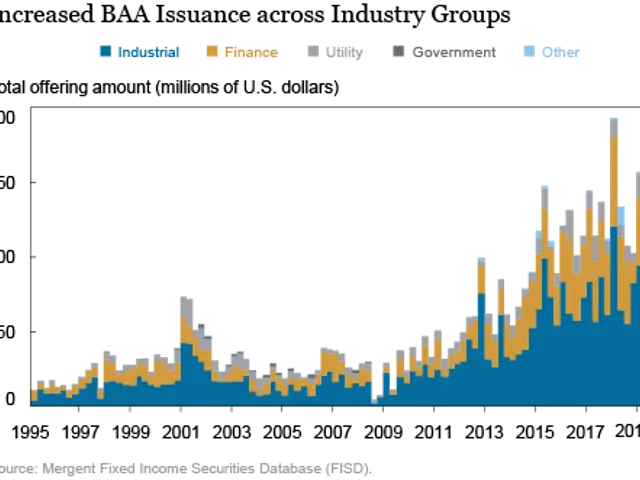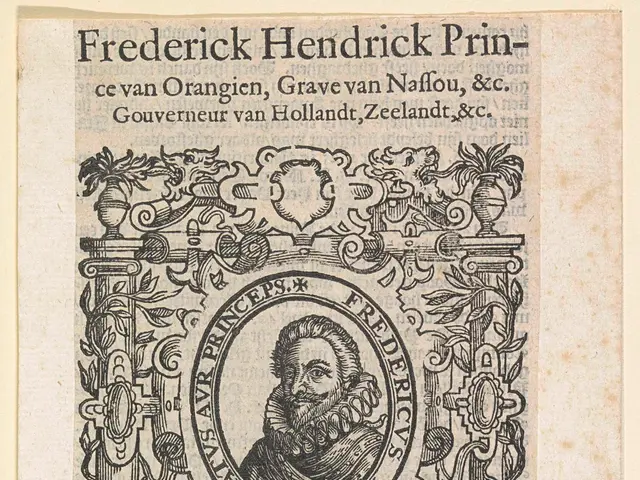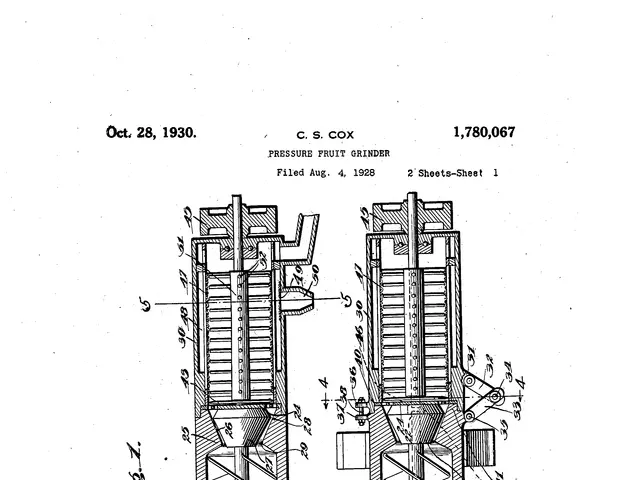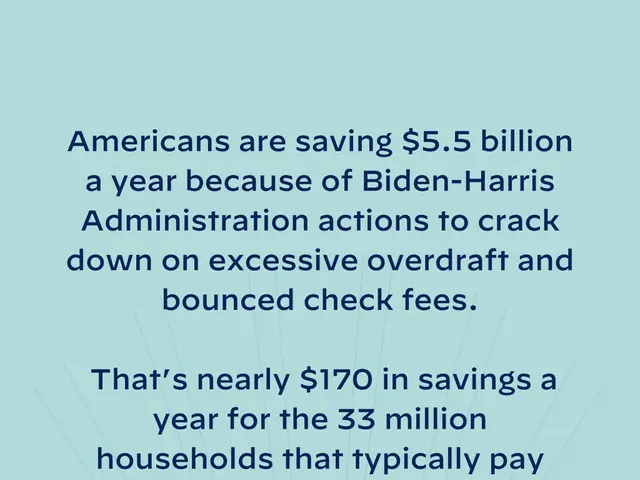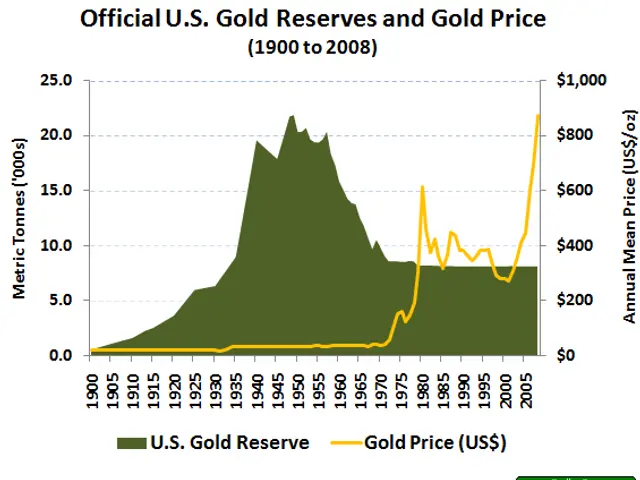Hitting the Brakes: Permanent Consequences for Severe Traffic Offenses in Germany
- Author: Christian Hensen
- Est. Reading Time: 2 Minutes
Permanent driver's license revocation is the consequence for committing these specified violations. - Permanent Revocation of Your Driving Privileges
Navigating German traffic laws might seem lenient, but certain misdemeanors can escalate into hefty penalties. While a driving ban is temporary and can be temporary, other offenses could cost you your license – permanently. Here's a breakdown of traffic offenses that could jeopardize your driving privileges.
Temporal vs. Permanent Penalties
A driving ban is a temporary restriction, ranging from one to six months, relating to offenses such as speeding, running red lights, and violating blood alcohol limits. First-time offenders may choose the timeline for the suspension; however, repeat offenders do not have that luxury.
Conversely, the revocation of a driver's license is a much graver sentence. The suspension initially becomes permanent, after which you would have to reapply for your license and pass a medical-psychological examination (MPU). The ADAC reports a total cost exceeding 2,000 euros, exclusive of the fine for the original offense.
The Line Between a Ban and Permanent Revocation
The German Criminal Code (StGB) outlines the scenarios leading to a license revocation. These include alcohol-related, drug-related, street racing, hit-and-run, or endangerment offenses. Repeated violations of suspension periods, habitual drunk driving, severe behavioral disorders, criminal offenses using a vehicle as a weapon or tool, or medical conditions preventing safe driving might lead to a lifetime revocation.
Lifetime Revocations: The Final Sentence
Section 69a (1) of the StGB provides for a lifetime revocation if the court anticipates the standard maximum period to mitigate the danger posed by the offender is insufficient. Such drastic measures are typically invoked for recurring suspension offenses, persistent drunk driving, or serious behavioral disorders.
The automotive publication "Auto Zeitung" notes that criminal offenses and medical conditions could trigger a lifetime revocation. Offenses such as causing death by negligence, aggravated bodily harm, driving under the influence, hit-and-run cases, and dangerous interference with railway, shipping, or air transport operations might carry severe driving restrictions or permanent revocation.
It is essential to remember that these violations can lead to grave consequences, and decisions about permanent revocation often hinge on the severity of the offense, an individual's driving history, and other factors. There is little wiggle room in these matters. Drive responsibly; your freedom could depend on it.
- The community policy on severe traffic offenses in Germany includes provisions for the revocation of a driver's license, which can be permanent and requires reapplication and a medical-psychological examination.
- Vocational training in the health-and-wellness industry might be a viable alternative for individuals whose driving privileges have been revoked permanently.
- The finance and transportation industries could be impacted by a shortage of skilled drivers due to strict traffic offense penalties that lead to permanent revocation of driving licenses.


